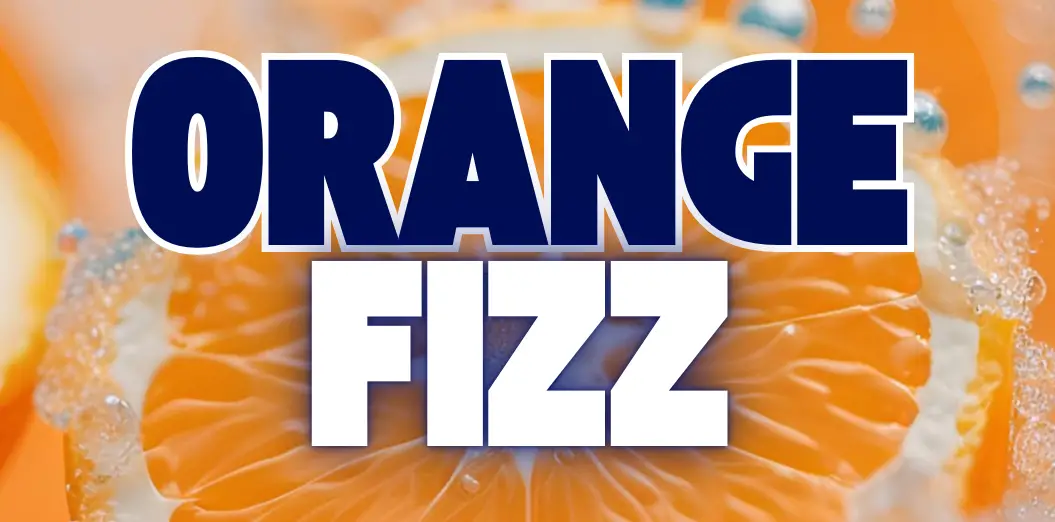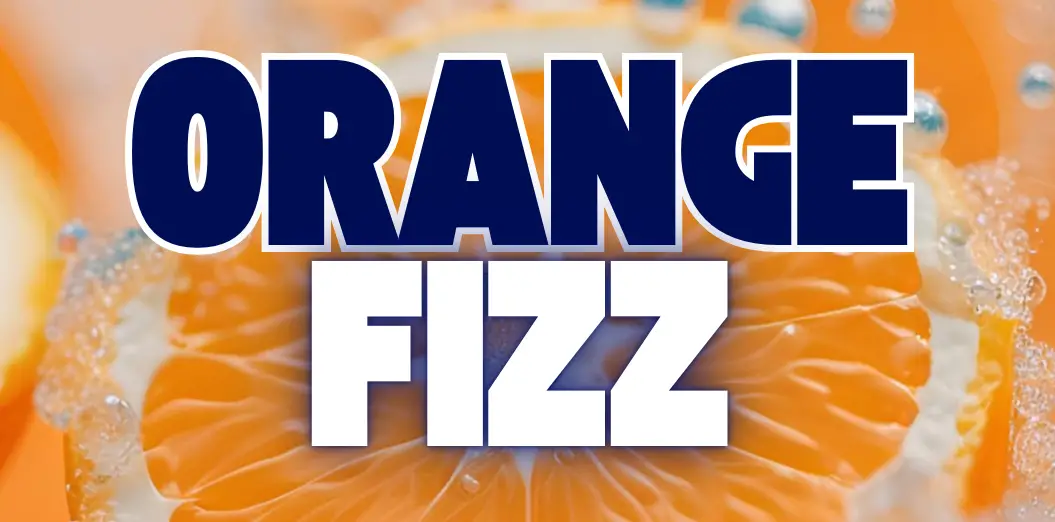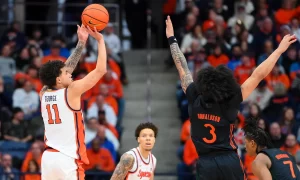Football betting involves more than just chance; significant psychological nuances at work influence a bettor’s choices and results. Understanding this gambling area will enable you to make more logical and informed betting decisions. In this post, we explore common psychological traps found while betting on football and advice for avoiding them. Before we begin, in case you are interested in online casinos, to find foreign casinos that accept Hungarians, look for top reviewing sites!
The Illusion of Control
Bettors often fall prey to an illusion of control when betting on football, believing their betting methods or expertise can influence how a game turns out. While study and analysis are important components, bettors must remember that football games are unpredictable events with outside influences possibly having an effect on their outcome. Realizing no amount of planning will guarantee victory keeps bettors grounded while keeping them from becoming overconfident. To practice your betting skills, try a New Zealand casino. Read about Amok online casino to learn more.
The Role of Emotions
Emotions can heavily impact betting decisions. Winners may become overconfident and place riskier bets due to excitement after winning; conversely, losers may attempt to “chase losses,” placing riskier bets quickly to recover lost funds more quickly. Unfortunately, both situations often lead to poor choices and additional losses; to minimize this impact and ensure successful gambling habits are possible, emotional control must be maintained while adhering to an established betting strategy.
Overconfidence and Bias
Overestimating knowledge or competence is a psychological condition known as overconfidence, which often manifests itself in football betting as overestimating one’s ability to predict results accurately. Overconfidence may cause one to overvalue their analysis or overlook essential facts; to reduce its effects, individuals must recognize when their level of overconfidence increases and actively seek different viewpoints and information sources.
The Sunk Cost Fallacy
The “sunk cost fallacy” refers to the belief that people should remain invested in an unprofitable venture simply because they have already made substantial financial commitments. When applied to football betting, this means returning one team or result even after repeated defeats. Knowing when it’s best to move on is critical; each wager must be judged independently without prior financial obligations influencing judgments made on each bet.
Confirmation Bias
Confirmation bias refers to the tendency to seek, process and retain information which affirms one’s beliefs. Bettors who seek information supporting their wager may overlook contradicting evidence when searching selectively for this support, leading to poor betting choices due to confirmation bias. Ideally, bettors should actively look out and consider contrary information in order to reduce confirmation bias and avoid making bad bets.
Anchoring and Adjustment
Anchoring is a cognitive bias in which people make too many judgments on a single piece of information (the “anchor”). For example, bettors might rely too heavily on initial odds or forecasts from football betting experts before considering new information as it becomes available – an oversight that might leave bettors unprepared to adapt their strategy when new insights arrive. To prevent this from occurring, it’s crucial to rely on first impressions and regularly review bets as new information becomes available.
Loss Aversion
The tendency to avoid losses over achieving comparable benefits is known as loss aversion, and may lead to overly cautious betting methods or an unwillingness to take measured risks. Although being prudent is necessary, an overwhelming fear of losing could prevent bettors from seizing worthwhile opportunities that come their way. Loss aversion can be reduced by carefully considering risks versus returns when developing a betting strategy and creating a clear plan.
Social Influences
Peer pressure and the need to belong can hurt betting decisions, which leads bettors away from doing their research and following consensus instead of their study. Following the herd can cause poor betting decisions; to avoid falling into this trap, one must have confidence in their findings and judgment and be willing to deviate when necessary.
Cognitive Dissonance
When people feel uneasy with opposing ideas or actions, this phenomenon is known as cognitive dissonance. An example would be when betting on underperforming teams but still betting with them regardless of their results; such betting habits could create cognitive dissonance that becomes uncomfortable to endure. Cognitive dissonance can be avoided by acknowledging tensions that arise and basing judgments on objective analysis rather than sentimentality or sentimentality.
Strategies for Improved Decision-Making
Improved decision-making skills in football wagering require employing several techniques. A thorough betting log makes it easier to spot trends and optimize tactics; by reviewing these records regularly, bettors might gain knowledge from prior successes or losses. Furthermore, setting explicit betting limits helps prevent hasty judgments prompted by fleeting emotions; finally, it is essential to continually learn and adapt by engaging with multiple information sources and staying abreast of developments within both the betting and football industries.
Conclusion
Understanding the psychology surrounding football wagering can vastly enhance your capacity for rational decision-making. Bettors can develop techniques to avoid common psychological traps such as the illusion of control, emotional influences, overconfidence, and numerous cognitive biases associated with betting. Success comes through disciplined financial planning practices and constant reevaluation of choices made after careful data analysis – adhering to these guidelines ensures a more enjoyable betting experience while producing higher odds results.


















